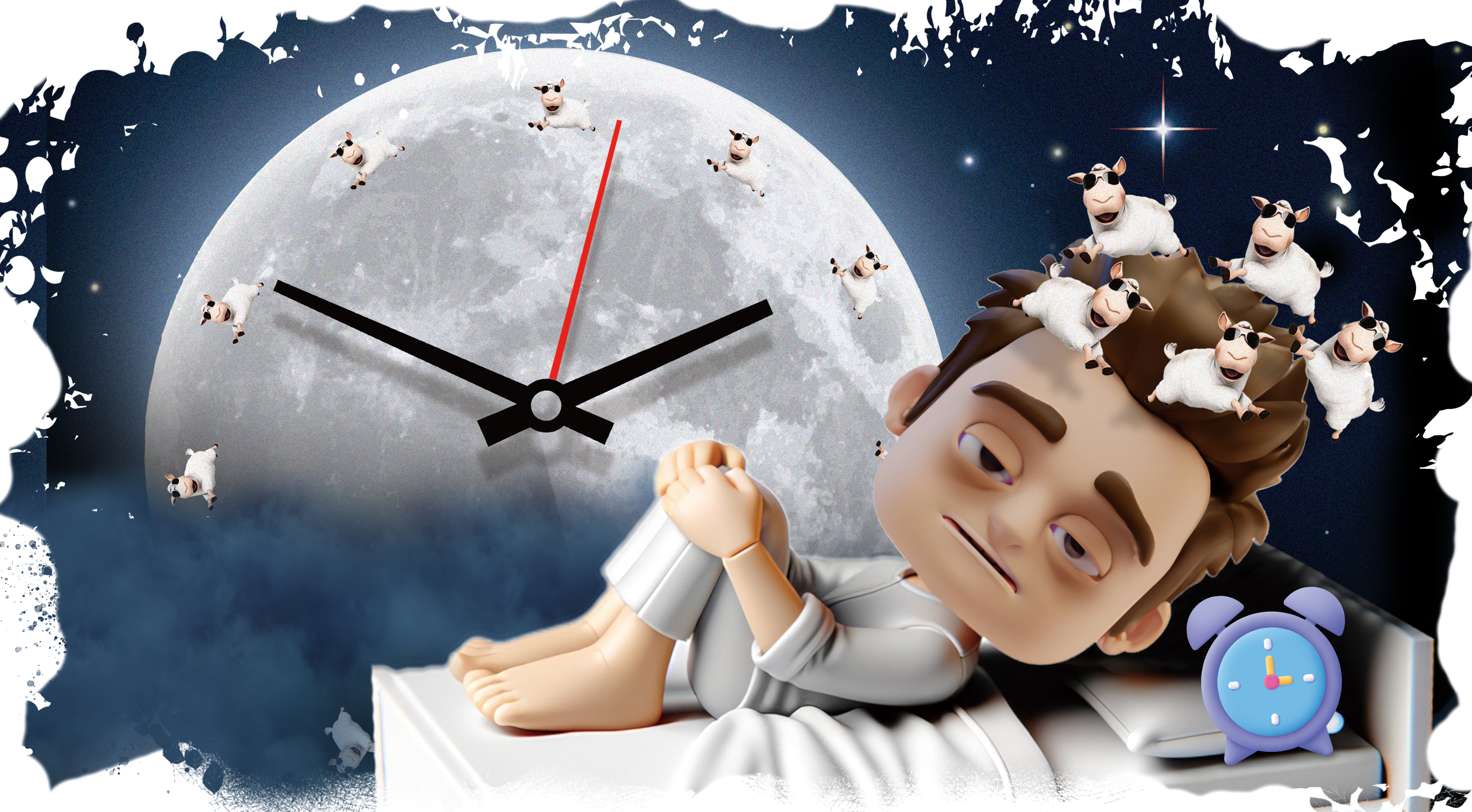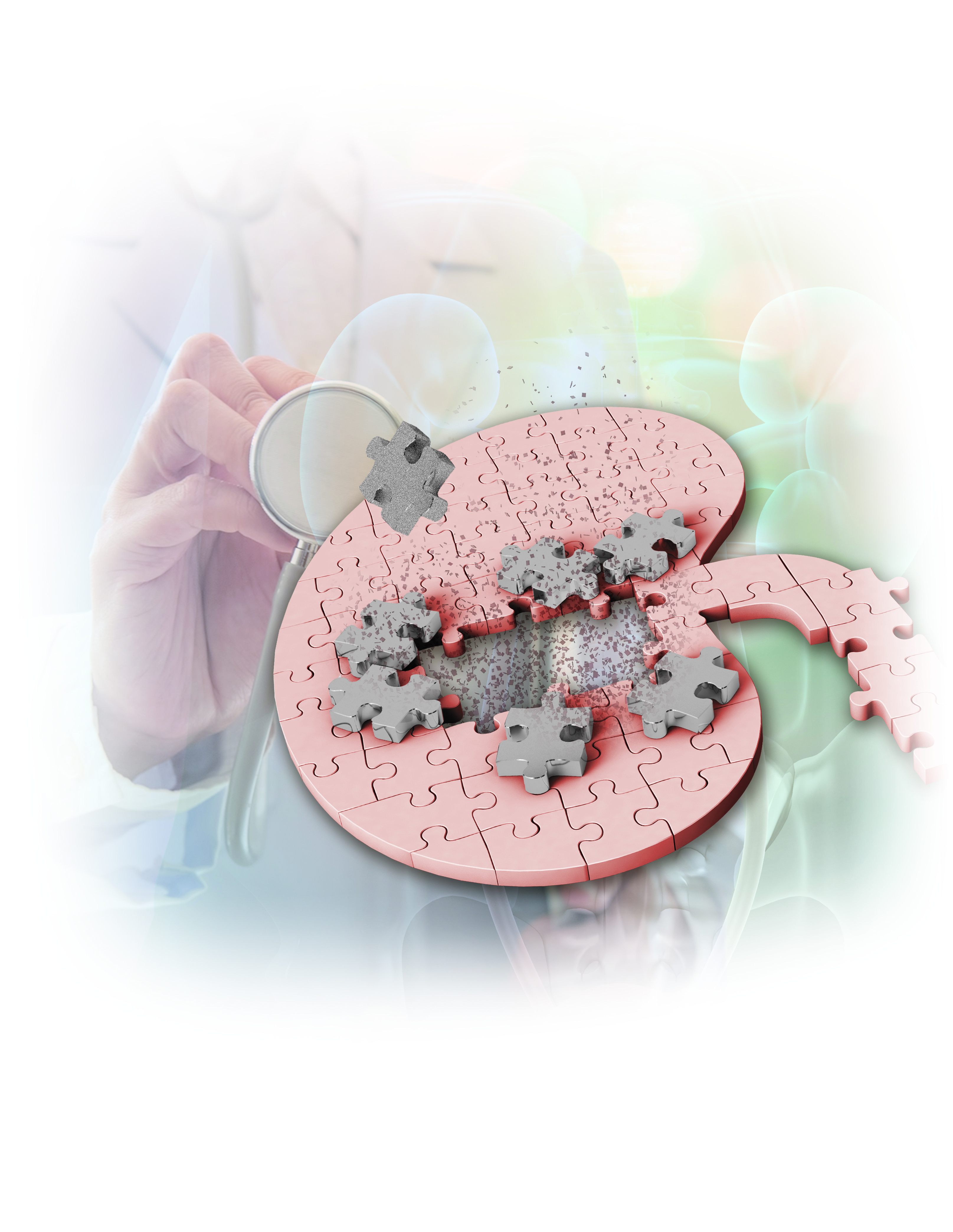Depression is a very common psychiatric disorder with substantial impacts on quality of life. The current treatment options encompass multiple drug classes, such as MAOIs, SSRIs and SNRIs, with a multi-target treatment approach demonstrating more effectiveness than monotherapy. However, due to the numerous side effects associated with these conventional agents, managing depression with natural remedies that have a safer profile has gradually gained attention. Two well-known herbs, chamomile and saffron, were thus investigated as an adjuvant therapy in patients with mild-to-moderate depression. In a randomized, open, blinded trial that randomized 120 participants 1:1 to receive herbal tea sachets (20 mg chamomile and 1 mg saffron/sachet) twice daily for one month alongside routine medicines or allopathic medications only, while both groups improved depressive symptoms significantly, the herbal tea further reduced tryptophan and C-reactive protein (CRP) levels and further increased brain-derived neurotrophic factors (BDNF) and patient health questionnaire-9
(PHQ-9) score compared to allopathic medications alone (all p <0.05), exhibiting neuroprotective and anti-inflammatory properties in depression. Such herbs could represent a novel, yet safe therapeutic option complementing allopathic treatment.
Reference
Ahmad S, et al. Heliyon. A Randomized Clinical Trial to Test Efficacy of Chamomile and Saffron for Neuroprotective and Anti-Inflammatory Responses in Depressive Patients. Available at SSRN: https://ssrn.com/abstract=4077056





